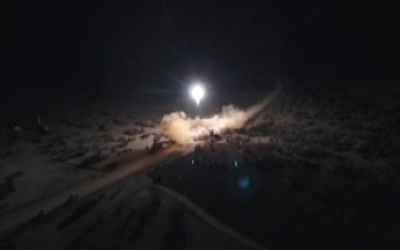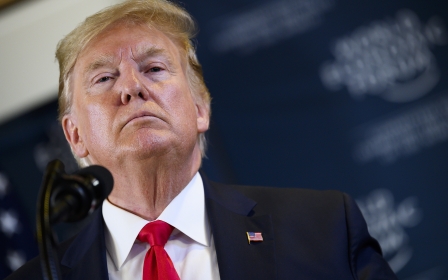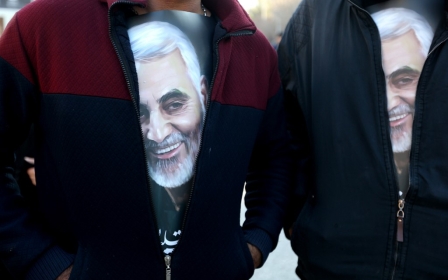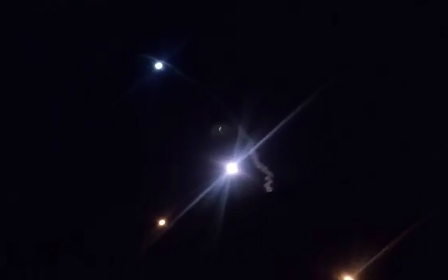Veterans group demands Trump apologise over injuries from Iran missile strike: Reports

A US veterans group is demanding that President Donald Trump apologise over his remarks on injuries suffered by US troops stationed at a military base in Iraq that was hit by Iranian missile strikes earlier this month, The Hill and other media reported.
Earlier this week, Trump said he did not consider potential traumatic brain injuries to be as serious as physical combat wounds, minimising their severity by saying he heard that some troops "had headaches, and a couple of other things, but I would say, and I can report, it's not very serious", CNN cited him as saying.
"In light of today's announcement from the Defense Department that 34 U.S. service members suffered traumatic brain injuries as a result of Iran's retaliatory strike and President Trump's remarks which minimized these troops' injuries, the Veterans of Foreign Wars cannot stand idle on this matter," VFW National Commander William Schmitz said in a statement.
"TBI is a serious injury and one that cannot be taken lightly. TBI is known to cause depression, memory loss, severe headaches, dizziness and fatigue - all injuries that come with both short - and long-term effects. The VFW expects an apology from the president to our service men and women for his misguided remarks."
Washington had initially said the 8 January Iranian attack did not cause any casualties, but late last week the US-led coalition in Iraq said several American soldiers were airlifted to Germany to be treated for "concussion symptoms from the blast".
The Pentagon then said on Friday that 34 service members stationed in Iraq suffered the TBIs after the retaliatory missile strike from Iran in response to the US's killing of Qassem Soleimani, Tehran's top general.
Half of the service members identified have returned to active duty. The other 17 are under medical observation in Germany and the US, chief Pentagon spokesman Jonathan Hoffman told reporters.
"A lot of these symptoms, they are late developing, they manifest over a period of time, people, in some cases, their condition will improve, and what we saw is a number of people who were initially screened for concussion-like symptoms... saw their conditions improve rapidly, and then others we saw their conditions didn't improve. Some got worse and some had severe enough symptoms that they were transported on for further treatment," Hoffman said.
Middle East Eye delivers independent and unrivalled coverage and analysis of the Middle East, North Africa and beyond. To learn more about republishing this content and the associated fees, please fill out this form. More about MEE can be found here.





